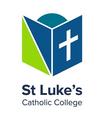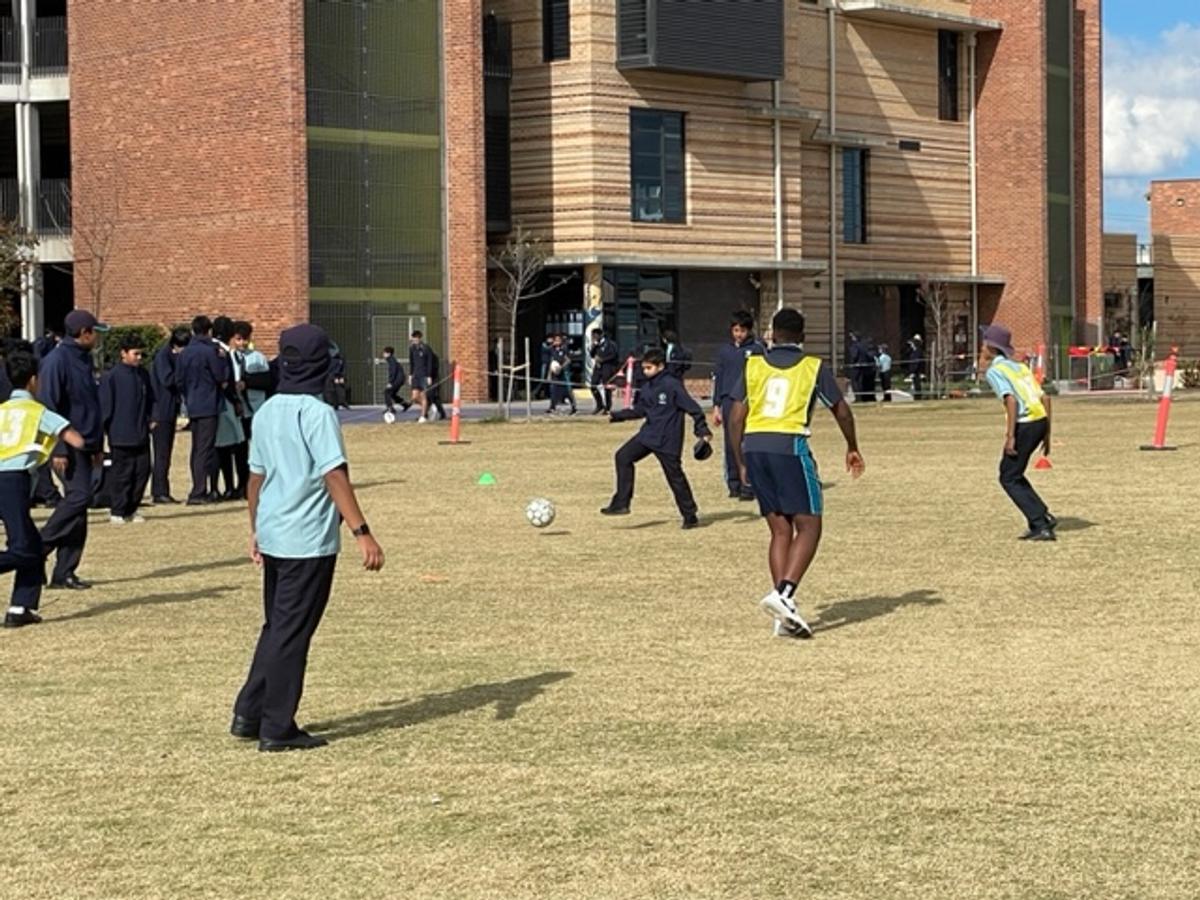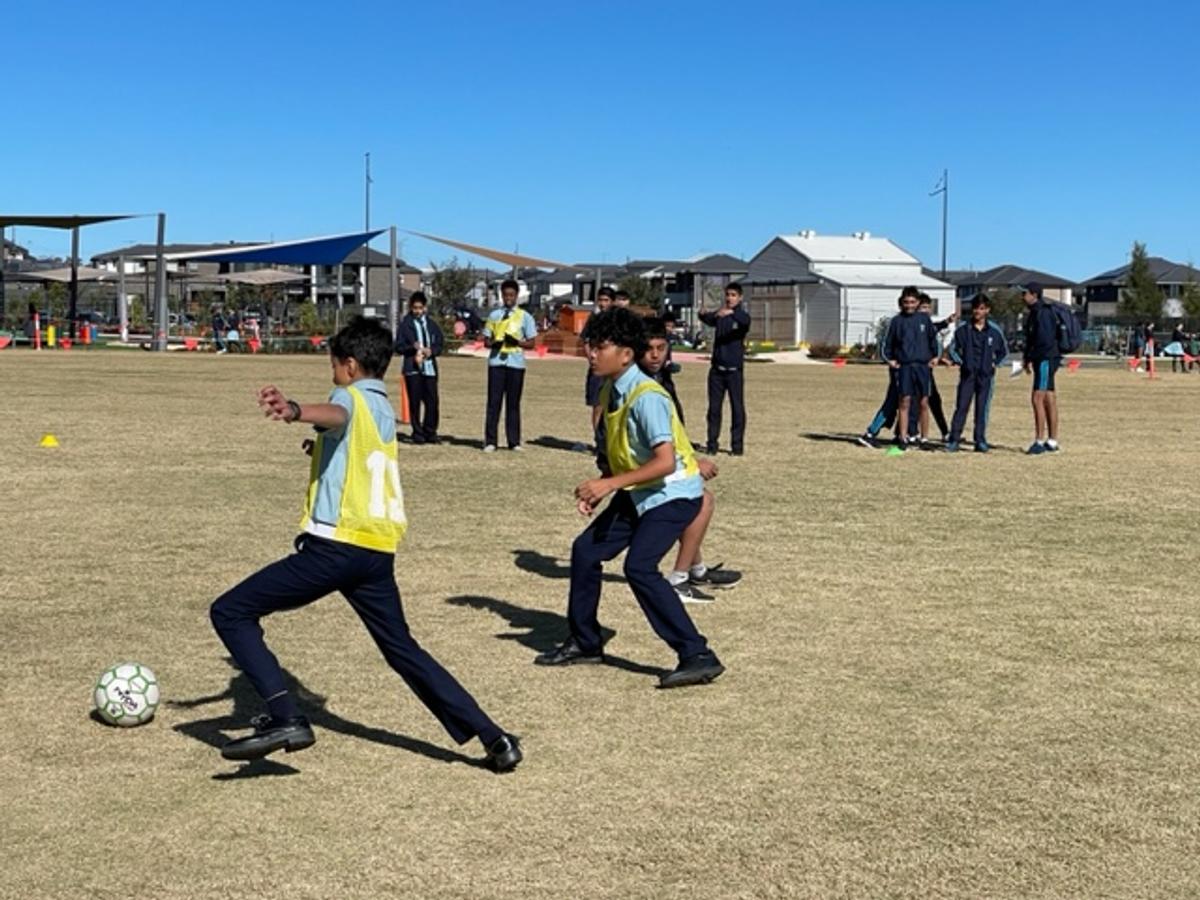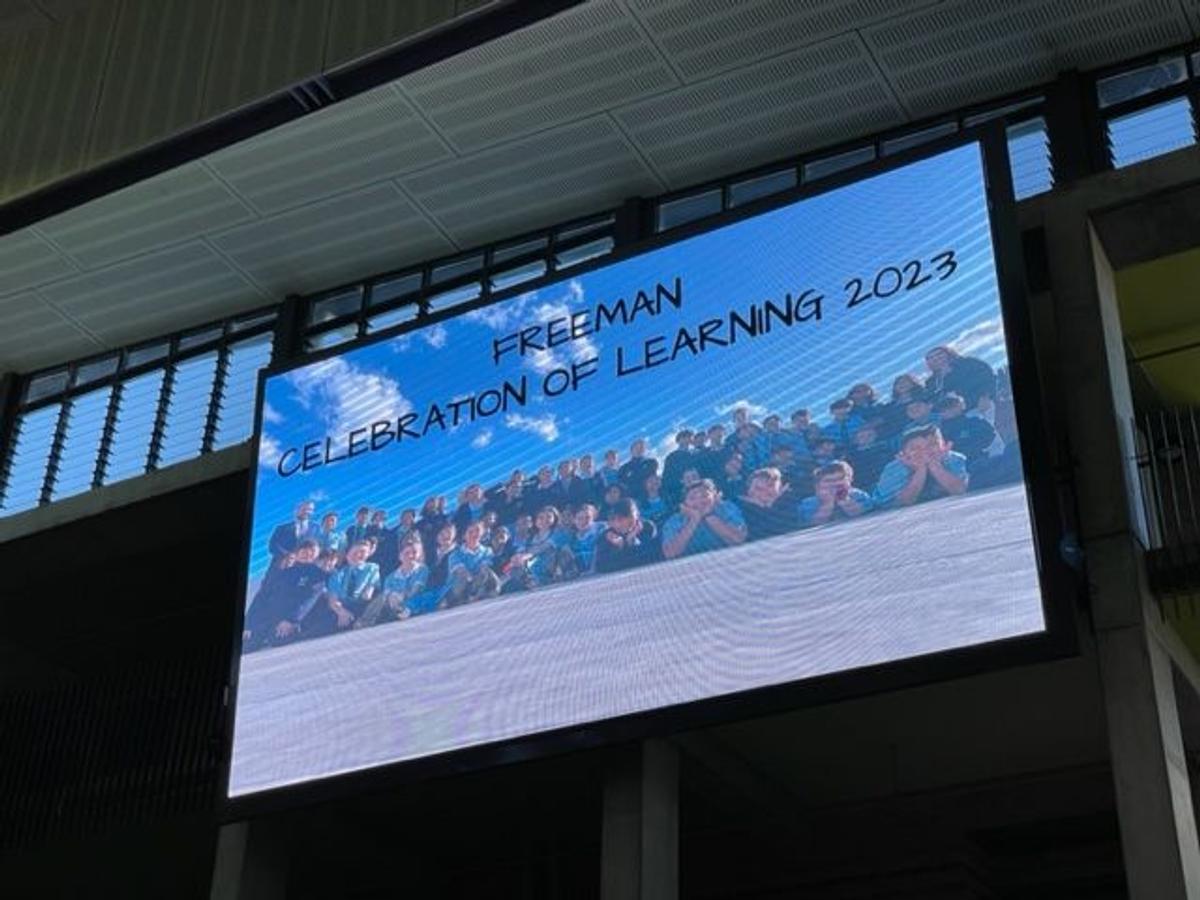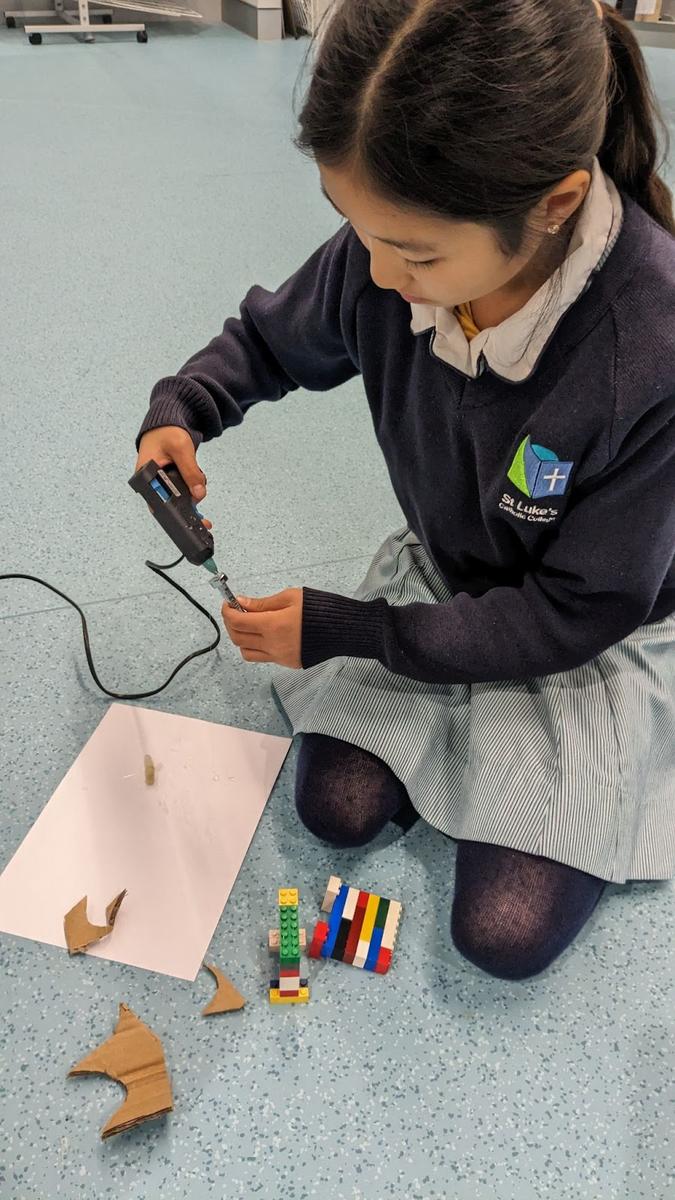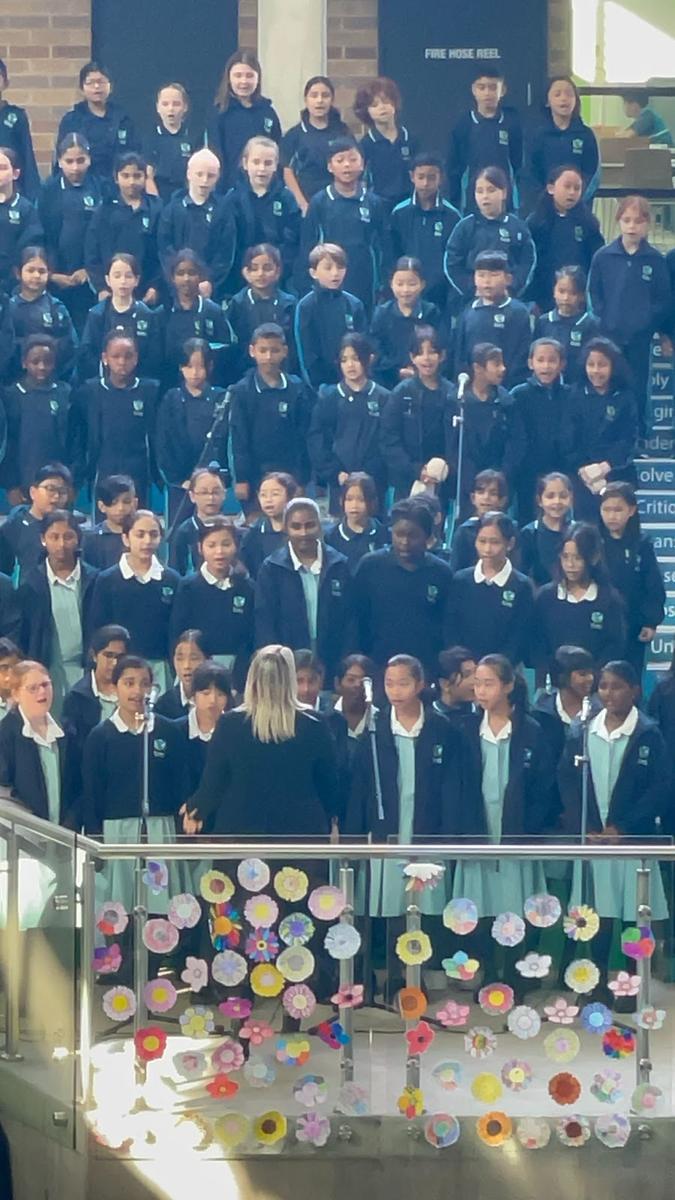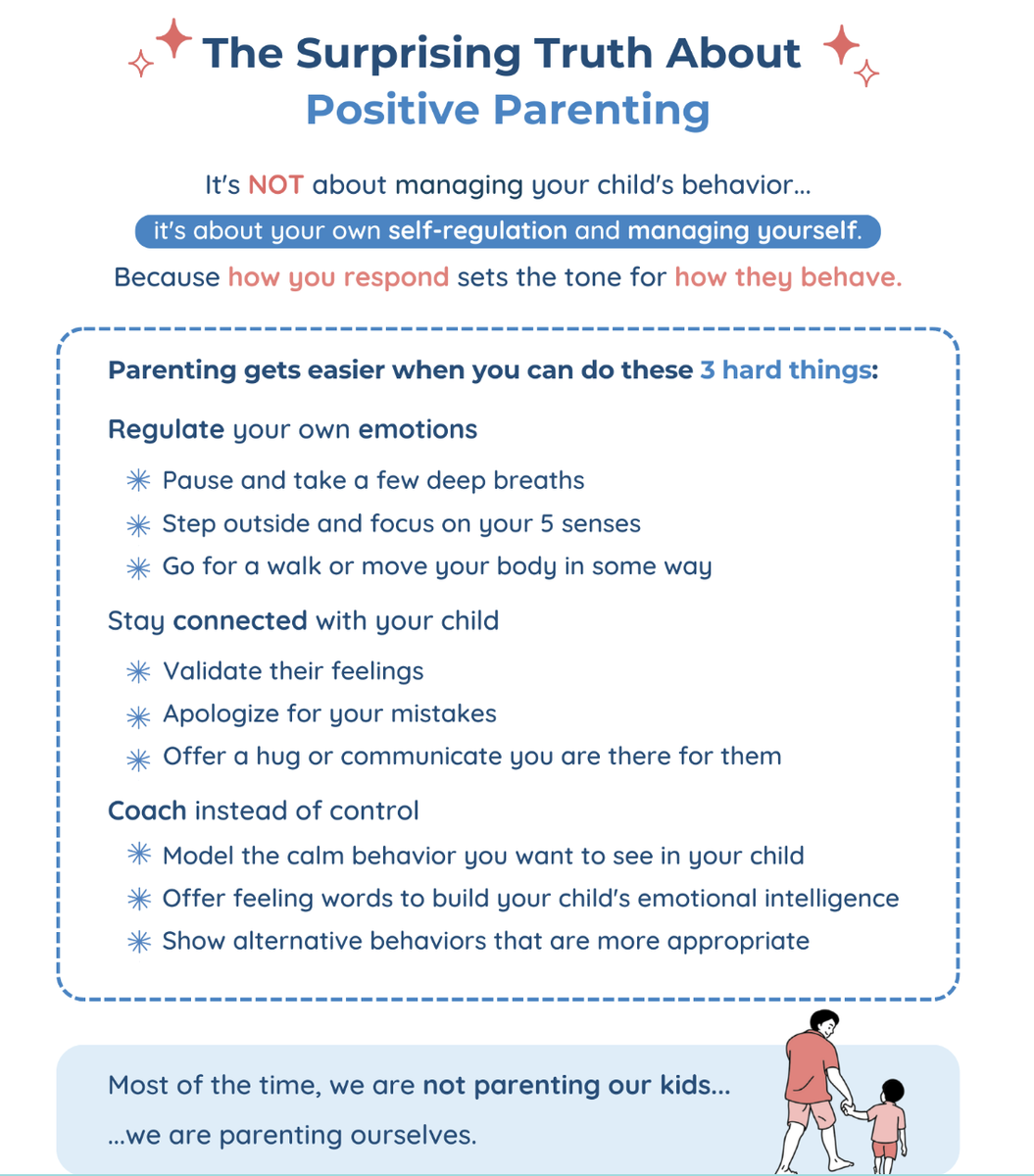School of Leadership
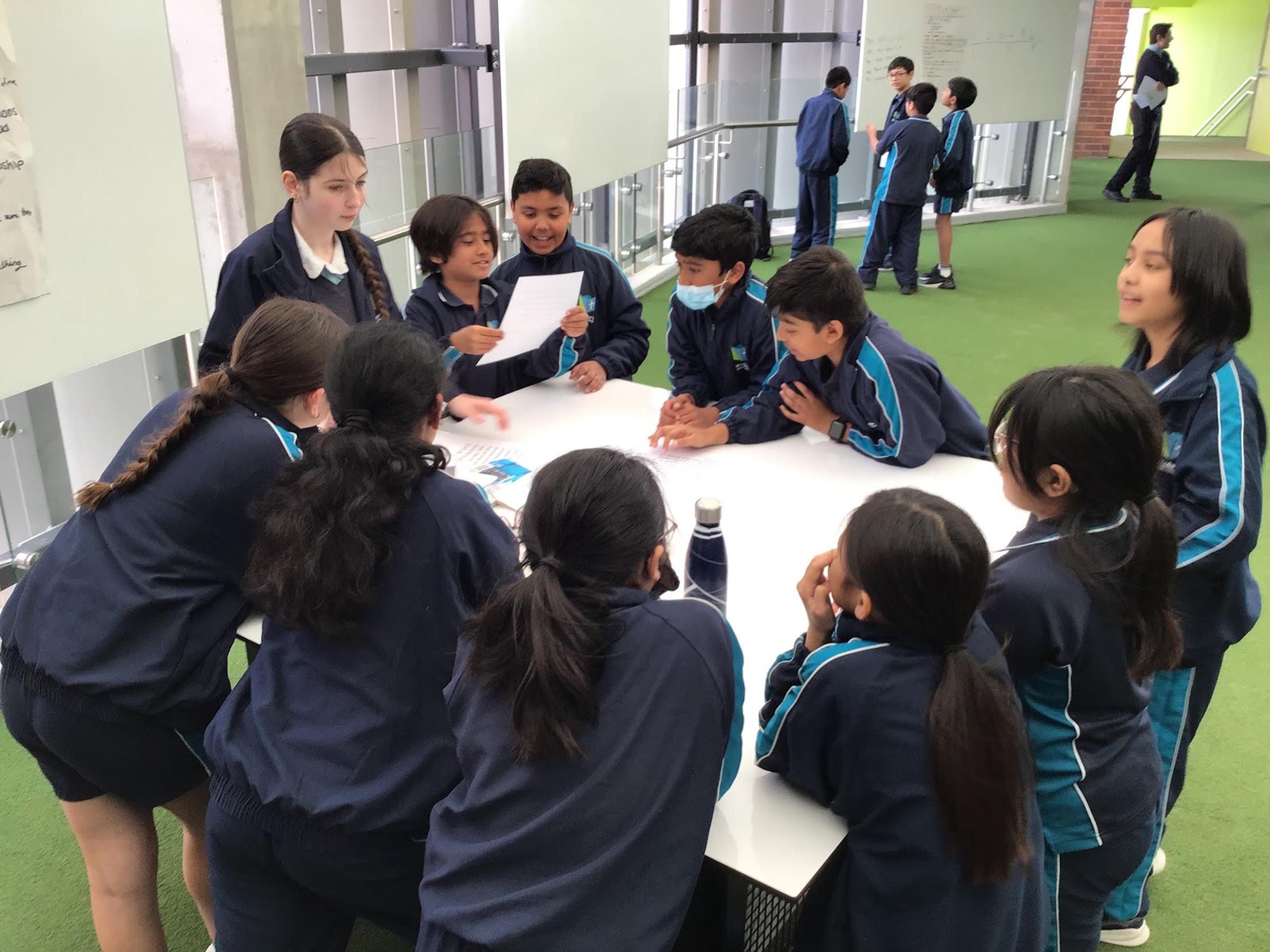
News from the School of Leadership
The end of Semester 1 heralds the holidays - a time to recharge and refresh in preparation for the second half of the academic year. The mid-year break is also the time where Primary and Secondary students within and across NSW and Australia are issued with their Academic Reports. At St Luke’s, we strive to go beyond traditional reporting methods. We believe in empowering our students to take ownership of their learning and to actively engage in meaningful conversations about their progress.
Student-led conferences are a transformative approach that gives our learners the opportunity to showcase their accomplishments, reflect on their strengths and areas for improvement, and set goals for the future. These conferences put students at the centre of the conversation, allowing them to develop essential skills such as self-assessment, reflection, goal-setting, communication, and the attainment and demonstration of St Luke’s Pillars..
During their Student-Led Conference, your child will take the lead, guiding you through their portfolio of work, demonstrating their achievements, and sharing their thoughts on their learning journey. It is a remarkable experience to witness the growth in their confidence and ability to articulate their progress with clarity and enthusiasm.
As Head of School, I have had the privilege of observing numerous student-led conferences, and I can attest to the incredible impact they have on our students' overall development. By actively involving our students in the reporting process, we encourage them to take ownership of their education and develop a lifelong love for learning.
Importantly, Student Led Conferences also provide an invaluable opportunity for parents and carers to engage in a meaningful dialogue with your child. It allows you to gain insights into their educational experiences, understand their aspirations, and discover ways to support them further.
As we prepare for these conferences, I would like to express my gratitude to our dedicated Mentor and Wellbeing teachers who have worked tirelessly to guide our students throughout the first half of the year. I look forward to seeing you on June 29 and 30 throughout the Student Led Conferences. Please don’t hesitate to stop me for a chat or to ask questions.
Thank you also to our Mr Scott Carroll, our Stage 3 Instructional Leader, and the wonderful team of Stage 3 teachers who facilitated the Canberra Tour Information Night for the 200 parents in attendance. Excitement is brewing across the Stage 3 learning spaces as the date of departure draws closer!
Wishing you all a renewing break.
Mrs Kate Kelly - Head of School, School of Leadership
A Note from The SOL Assistant Principal
As we approach the end of a very productive semester 1, I cannot help but reflect on the interactions I have had with parents and students. Most of these interactions have been positive, highlighting the wonderful achievements of our students. Sometimes these interactions have been challenging given that I have had to respond to behaviour from students that is not in line with College expectations. Some of these interactions were to communicate to parents and students that as a result of behaviour, an internal or external suspension was warranted. The expectations of the College are in place to ensure that school can be a safe haven for students to be educated and for teachers to facilitate this learning. When a student does something that results in this learning environment being disrupted and a consequence is issued, parental support is needed in enforcing this. We view these moments not as a punishment, but an opportunity to learn from such mistakes. What better place to make mistakes and learn from them, in the safe confines of school.
In applying College expectations, some parents have questioned or challenged the decision to issue a consequence to their child. These decisions are not taken lightly nor are they made in isolation. Each situation or incident that occurs is thoroughly responded to, students are given the opportunity to respond and are treated fairly with due diligence. Part of this process is considering the impact of a student’s actions on all involved including themselves, their peers, teachers and the wider school community. The decision to suspend a student, whilst it may seem severe, is an opportunity to start fresh, to grow, to take responsibility for their actions. It is also a learning experience to start fresh.
As a parent myself, it can be challenging to place myself in another person’s shoes, especially when that person has hurt my child in some way. It is hard to practise empathy, to show compassion for others when you may be hurting or feeling angry yourself. As Assistant Principal, it is my hope that I can continue working with your children in recognising their mistakes for what they are, mistakes that they can learn and grow from, to recognise that a consequence is not a punishment, rather, a moment to grow and flourish. If I can support students in practising empathy, then my work for the most part, is done.
Recently we reminded all students in the School of Leadership, that if you are caught in a toilet cubicle with anyone other than yourself, you would be externally suspended to ensure student safety. Unfortunately, we have had to follow through with this the day after we spoke to Stage 4 students about this very thing. Continued parent support is necessary for us to be able to provide your son or daughter with the highest standard of education that we aim to provide.
We also responded to another issue where students were becoming quite impassioned at lunch on the oval when playing sport against their peers. This led to some very aggressive behaviour. In order to turn this around into something positive, I developed the School of Leadership Soccer Tournament. Students in Years 5 to 8, who registered to play in a team compete on Tuesdays and Wednesdays (at lunch), refereed by student leaders in Years 9 and 10. This has seen more positive interactions with students in SOL at lunch times. The competitive nature of the tournament has created a wonderful lunchtime atmosphere where students come to support each other. Students are keenly competing in their teams. The competition will continue into Week 10 and then Week 1, Term 3. Following this there will be semi finals and a grand final! The camaraderie and excitement this competition has generated has been wonderful to witness.
I wish everyone a happy and restful holiday, one that is refreshing as we move into semester 2.
Mrs Josephine Camilleri - Assistant Principal, School of Leadership
Stage 3 Stories…
Freeman Celebration of Learning
In Week 9, the Freeman Students presentation to display the inquisitive nature of their work in Term 1! They created, planned and presented an immersive slideshow, featuring the various Pillars they had displayed through their classwork. We met in the Marketplace and marveled at the efforts displayed by Freeman, and look forward to the learning Riley will be presenting in the middle of Term 3!
Jarara Immerses Stage 3 through an Indigenous Perspective
On Tuesday of Week 8, students from Stage 3 were greeted by Julie Waddell of Jarara to inquire into the perspectives of Indigenous, relating to events from before settlement to the current day. As a product of the Stolen Generation, Julie provided insights into how and why indigenous peoples feel strongly about critical events in Australian history. We appreciate her contribution to the inquiry Stage 3 has undertaken in Term 2, and will take this forward when constructing our historically correct imaginative texts.
Specialist Science
In Week 7, students continued to bring their Fidget designs to life. This week they created prototypes to show a ‘hands on’ version of their Fidget they have designed, in order to give feedback and further iterate their design into its final form. We look forward to seeing how far they can go before presenting their final products at the Week 10 Fidget Fair.
St Luke’s Choir
The choir have wrapped up another fantastic term of singing and performances at different liturgies and events at St Luke’s. Most notably was the first time Stage 2 and 3 came together at our Mother’s Day liturgy earlier in the term, where students showcased the skills they had learned through singing in rounds.
Towards the end of this term, we began a focus on harmonising, as well as exploring with and using dynamics (contrast between soft and loud) to match the piece and enhance the audience’s experience and appreciation of it. Students have been learning to find their vocal range by participating in different vocal groups (soprano, alto and bass) in an effort to come together and train their ear to focus on the sound that they are producing, whilst making sure they remain in time with the other members of the choir, blending their voices together to create ‘one voice’. We have made some excellent progress developing these skills, and look forward to extending and refining them in Term 3.
Our last session for choir this term was held on Thursday 22nd June, and will recommence next term from Week 1. Thank you to all parents of students in the choir for your continued support. I encourage all parents to have a conversation with your child about attending if you think this opportunity may be of interest to them as we would love to welcome your child in.
From Year 7…
Mathematics
In Year 7 Maths, each student received their own packet of Skittles; each differing in the quantity of each colour.
Students were asked to use these unique values to answer questions regarding rates and ratios.
From Year 8…
PDHPE
Stage 3 has been focusing on developing strategy as a team. Through games such as soccer and capture the flag they have been asked to reflect on strategy, and decide collectively whether or not to pursue it or modify accordingly.
Life Design
In Life Design this term, students have been learning about 16 career clusters and were required to rank them in accordance with their S.I.M..
Students have now had the opportunity to deep-dive into their top 3 clusters, to further develop their understanding of the types of jobs involved in this career. This learning will be on display at the Future Career Exploration Expo, held in Week 10. Join us in watching the Yr 8 Life Design students present their findings in the Yr 7 & 8 learning spaces on Tuesday 27th June, from 3:30-4:30pm.
CAPA:
Year 7 has been developing a celebrity portrait inspired by the work of Alexandria Lee, an Australian-based artist. Lee uses text as her medium and has created portraits of athletes, including Stephen Curry from the Golden State Warriors. Our students have compiled a list of quotes and adjectives that describe their chosen celebrity and began to use them to create their celebrity portrait. Students have gained an understanding of how to create variation in tone depending on the size and density of text.
Peer companions
Our Year 8 students have been leading the way by guiding our Year 5 students towards a deeper understanding of respect during Peer Companions. The Peer Companions program has been a resounding success, fostering meaningful connections and providing valuable mentorship opportunities for our students.
In the last session, our Year 8 Peer Companions engaged the Year 5 students in an interactive activity that explored the concept of respect. Using butcher's paper, they encouraged the students to collaboratively create a Y chart, addressing the question: "Respect: Looks Like? Sounds Like? Feels Like?"
The purpose of this activity was to help the Year 5 students gain a clear understanding of what respect entails and to promote a culture of inclusivity and mutual respect within our school community. Each group member had the chance to contribute their thoughts, ensuring that every individual felt valued as a member of the group.
The Year 5 students came up with some insightful observations about what respect looks like, sounds like, and feels like. Here are some of the key points they identified:
Looks Like:
- Students listen attentively when others are speaking, showing that they value and acknowledge others' thoughts and ideas.
- Using polite language and an appropriate tone of voice when communicating with others.
- Making eye contact and giving others their full attention, demonstrating active engagement in conversations.
- Giving personal space and respecting others' boundaries, ensuring everyone feels comfortable and safe.
- Engaging in acts of kindness, such as holding the door open for someone or offering assistance when needed.
Sounds Like:
- Speaking kindly and using words like "please," "thank you," and "excuse me" to show consideration for others.
- Offering compliments and acknowledging others' contributions, fostering a positive and encouraging environment.
- Engaging in thoughtful discussions and actively listening to different perspectives, promoting open-mindedness and understanding.
- Respecting others' opinions and avoiding derogatory or offensive language, cultivating a culture of acceptance and empathy.
Feels Like:
- Feeling valued and appreciated for one's ideas and contributions, promoting self-confidence and self-worth.
- Experiencing a sense of inclusion and belonging, where everyone feels like an integral part of the community.
- Feeling safe and comfortable in one's environment, allowing for personal and academic growth.
- Feeling supported and respected by peers and adults, creating a strong support network.
- Experiencing a positive and harmonious atmosphere, which fosters a love for learning and personal development.
The Peer Companions program continues to empower our Year 8 students to become role models and leaders within our school community. Through their guidance and support, our Year 5 students are developing crucial social and emotional skills that will benefit them throughout their academic journey and beyond.
We are immensely proud of the dedication, empathy, and maturity demonstrated by our Year 8 Peer Companions. They have truly embraced their roles as mentors and have been instrumental in fostering a culture of respect and inclusivity at our school.
Wellbeing in the School of Leadership
Over the past two Wednesdays, Year 7 and 8 students have been looking at the topic ‘Self-Knowledge’, which sits under the Positive Health domain for Positive Education wellbeing time.Self-knowledge refers to the ability of knowing oneself. When we truly know ourselves – our natural reactions, preferences and strengths – we are better equipped to live life to its fullest. It is helpful for our children’s learning, for instance, to know their preferences for the way they take in information, make decisions and interact with the world.
In the words of Viktor Frankl, “Between stimulus and response there is a space. In that space is our power to choose our response. In our response lies our growth and our freedom.” When we know ourselves, we can anticipate our natural reactions to things, spot our emotions and impulses as they come up, pause and then choose our response.
Research has found that, surprisingly, almost half of the time we operate on ‘automatic pilot’, unconscious of what we are thinking, feeling or doing in the moment. A lack of self-knowledge can lead to negative consequences, like poor decision-making, relationship issues, troubles controlling emotions and lower satisfaction with life.
Experts suggest that engaging in the practice of mindfulness can help improve self-knowledge. Mindfulness involves noticing the thoughts and feelings you are currently having in a non-judgemental way. This is key to understanding our true selves better, being at peace with who we are, and proactively managing our thoughts, feelings and behaviours.
Try this at home:
With your children, try engaging in a mindfulness practice. This could be a simple breathing exercise where you do the following for a few minutes: find a comfortable, relaxed position; close your eyes; mentally scan your body from head to toe; tune into your breath; notice when your mind wanders and gently bring it back to the breath. Bring your attention back to your body and notice how it feels.
How to check if you’re a positive parent
Do you practice empathy with your child?
Do you listen to their side of the story?
Do you try to “catch your child being good”?
If so, you’re using an approach called positive parenting.
Positive parenting focuses on the relationship between you and your child. It prioritizes connection, communication, and coaching.
But here’s what might surprise you:
- The goal is not managing your child’s behavior.
- Positive parenting is about your own self-regulation and managing yourself. That’s because the way you respond to your child sets the tone for how they behave.
- If you offer emotional safety, empathy, warmth, and support, it’s easier for your child to cooperate. They’re more willing to communicate openly and behave constructively.
Of course, there’s no perfect way to parent.
But when we regulate our own emotions enough to:
- Bond deeply with our children
- Nurture their strengths
- Coach instead of controlling
…we raise kind, confident kids who know they’ll always have a safe place to land.
Most of the time, positive parenting isn’t really about parenting our kids.
It’s about parenting ourselves--and that makes all the difference for our children.
Mr Chris Bettiol
Leader of Wellbeing, Growth and Development
